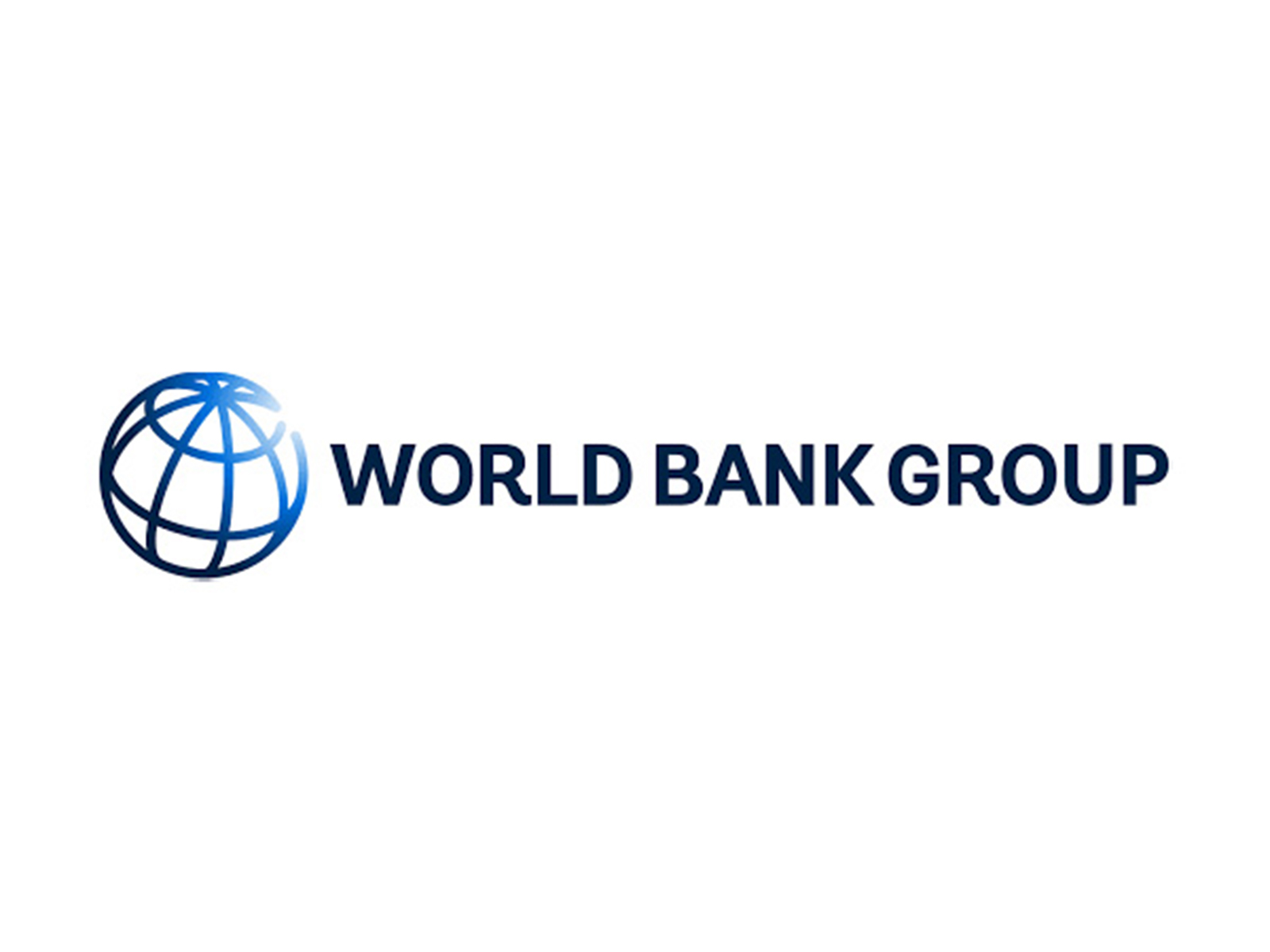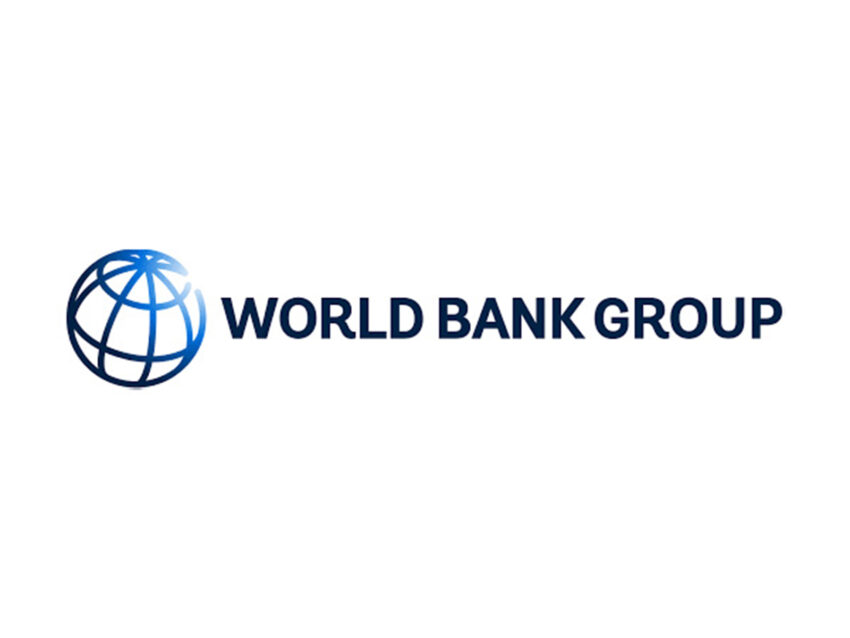
Islamabad [Pakistan], November 7 (ANI): Amid a worsening economic crisis, the World Bank Group has sounded alarm bells over Pakistan’s deepening poverty and widening inequality in its recently released report, “Reclaiming Momentum Towards Prosperity: Pakistan’s Poverty, Equity and Resilience Assessment”.
The study, Pakistan’s first major poverty evaluation in over two decades, paints a grim picture of an economy trapped by weak reforms, low productivity, and an exhausted consumption-led growth model.
According to the World Bank Group, Pakistan’s poverty rate, which had fallen dramatically from 64.3 per cent in 2001-02 to 21.9 per cent in 2018-19, has started climbing again since 2020.
The reversal is attributed to overlapping shocks, including the COVID-19 pandemic, inflationary pressures, devastating floods, and fiscal mismanagement. The report warns that these setbacks, coupled with structural inefficiencies, have undone years of progress and pushed millions back into deprivation.
Bolormaa Amgaabazar, Country Director of the World Bank Group for Pakistan, stated the need for urgent, people-centred reforms. “Safeguarding Pakistan’s hard-won poverty reduction gains while creating jobs and expanding opportunities, especially for women and youth, must be a national priority,” she stated.
The assessment draws on 25 years of official data and advanced modelling, revealing that while non-agricultural labour growth once lifted many out of poverty, the lack of industrial diversification and job creation has now stalled income growth. Over 85 per cent of Pakistan’s workforce remains trapped in informal employment, with women and young people largely excluded from productive sectors.
The World Bank Group report further highlights alarming human development gaps: 40 per cent of children suffer from stunted growth, a quarter of primary-aged children remain out of school, and 75 per cent of those enrolled are unable to read a basic story. Meanwhile, only half of households have access to safe drinking water, and nearly one-third lack proper sanitation facilities.
Highlighting the country’s entrenched rural-urban divide and the emergence of “sterile agglomerations” in cities, the report urges comprehensive reforms. It outlines four recovery pathways: investing in people and public services, strengthening social safety nets, implementing progressive fiscal policies, and improving data-driven governance to restore sustainable and inclusive growth. Since joining the World Bank Group in 1950, Pakistan has received over USD 48 billion in assistance; yet, its economic trajectory remains precarious and reform-resistant. (ANI)


